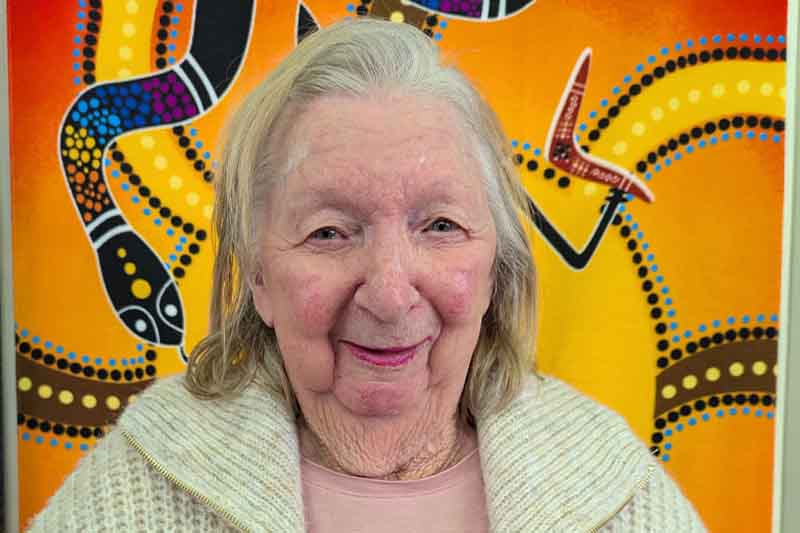As people age, their bodies become less efficient at retaining water, making them more susceptible to dehydration. This condition occurs when the body loses more fluids than it takes in, resulting in an imbalance that can have severe consequences.
One of the most concerning impacts of dehydration in the elderly is its effect on cognitive abilities. Studies have shown that even mild dehydration can lead to cognitive impairments, including memory problems, difficulty focusing, and decreased attention span. Dehydration affects the brain’s functioning by reducing blood flow and oxygen delivery to this vital organ. As a result, cognitive processes such as decision-making, problem-solving, and information processing become compromised.
In addition to cognitive decline, dehydration can exacerbate existing cognitive conditions, such as dementia or Alzheimer’s disease. Individuals with these conditions already face challenges in maintaining adequate hydration due to forgetfulness or difficulty communicating their needs. Dehydration further intensifies their cognitive symptoms, leading to increased confusion, disorientation, and behavioural changes.
According to the Aged Care Guide, there are some easy to notice signs of dehydration and easy tips to improve hydration:
• Fatigue or lethargy
• Muscle weakness and cramps
• Cracked lips
• Headaches
• Dizziness
• Nausea
• Forgetfulness and confusion
• Deep rapid breathing or an increased heart rate, or low blood pressure
• Sunken eyes
• Dry or sticky mucus around and in the mouth
• Low urination
• Urinary Tract Infection (UTI)
The more serious medical episodes from dehydration include:
• Psychosis or Delirium (most common causes of delirium is dehydration and infection, a UTI is considered an infection)
• Urinary and kidney problems
• Seizures
• Low blood volume shock (hypovolemic shock).
Tips to improve your hydration
• If drinking water is too difficult, attempt to swap straight water with alternatives.
• To encourage hydration, instead drink cordials (mixed in with water), fruit or vegetable juices, and change up the temperature of drinks (like non-caffeinated tea or cooling homemade lemonade).
• Avoid driving caffeinated drinks and alcohol, as they can dehydrate you.
• Keep a journal to track your fluid intake, or even set a reminder on your phone to drink water, it can give you the kick you need to rehydrate.
• Eating water-rich foods can be another way to keep your hydration at steady levels. For example, cucumbers are 96 percent water, and other vegetables, like tomato, spinach, broccoli and Brussel sprouts are also water-rich.
Prevention and early detection are crucial in addressing the dangers of dehydration among the elderly. By taking proactive steps, encouraging regular fluid intake, especially water and eating water rich food, will help maintain the cognitive health and overall well-being in older adults.











